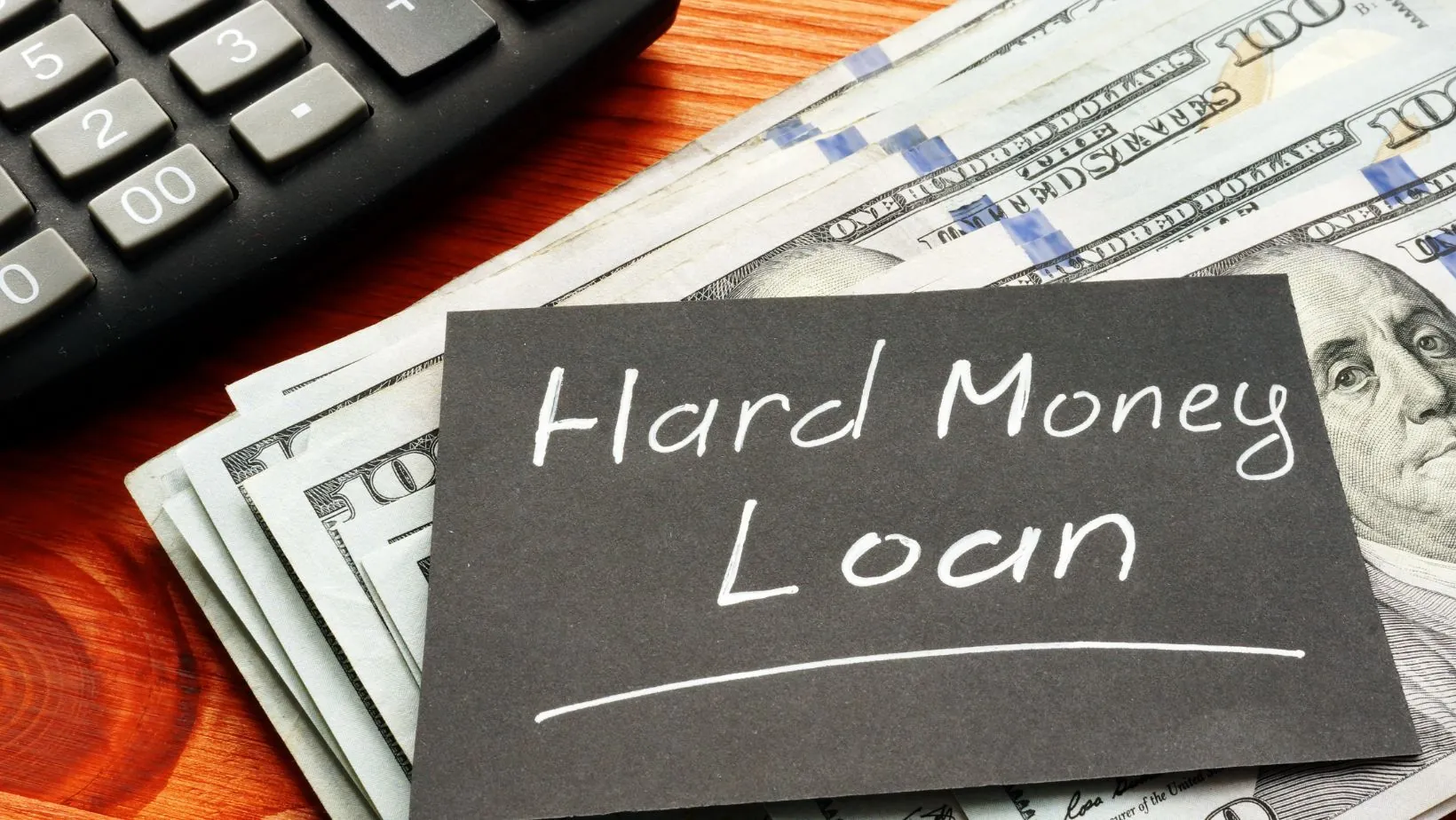Hard Money Loans
A hard money loan is one that is a quick and easy way to get money for buying real estate. Investors have used this way of getting fast money for their projects for many years. Many have used this because it is fast and flexible. Hard money lenders can help you to find just the loan that you need. They can arrange things for you so that you get the loan you need in a short amount of time. They won’t look at your credit score as much as they will look at your history with hard money loans in the past.
You can find lenders in your area that are willing to do these types of lending. You can put hard money loan into your favorite search engine and see what shows up. Make sure that you research each company to be sure they are reputable businesses – you don’t want to be scammed and lose money in the process.
This article will help you to learn more about hard money loans. It will show you a little about what they are and how to get them. You can also do more research on your own to find the information that you need.
Important Things You Should Know
1. Process to Follow – This type of lending will allow investors to have access to capital so that they can purchase investment properties. The application for this is fairly simple and can be easily filled out by most investors. Lenders will usually take only two to three days to approve the loan, which can even be approved on the same day – especially if the investor has a history with the bank. Hard money is allowed for residential properties that will be sold again in a short amount of time, usually after the property has been renovated. It is also allowed for some commercial property under the same rules. Because they are so simple to use, many house flippers use this type of loan.
2. Interest Rates – Interest rates can vary hugely on this type of lending due to the nature of them. The interest is usually due on a monthly basis, as well.

You can expect rates from between ten percent and eighteen percent on average.
There are a few lenders who will defer the interest payments until the end of the term, but they are few and far between. This greatly benefits investors who don’t want to pay the monthly payment. This usually happens when the investor has a great relationship with the lender.
3. LTV or Loan to Value – This type of loan is backed by the property value and not the credit worthiness of the borrower. You can borrow up to seventy-five percent of the value of the property. The value is usually determined through an appraisal or a broker’s opinion of the value.
Loan-to-value means that you will be able to borrow only what the property is valued at: https://corporatefinanceinstitute.com/resources/commercial-lending/loan-to-value-ratio/. You won’t be able to borrow more than seventy-five percent of the value. This is why this is a great loan for property investors.
4. Terms of the Loans – The terms have usually been for a short term that is secured by real estate. The term is usually the amount of time that it will take the borrower to renovate the real estate and resell it. This can be from one year up to five years.
The less time that it takes you renovate the home, the less interest you will need to pay. It is good for you and the lender to get the home done in as little time as possible. You pay less interest, and the lender will get their money paid in full sooner.
5. Costs – The cost of your loan will be dependent on the amount that you borrow. All of them will require title costs, insurance, and appraisal. All these services come with fees that can be as little as a few hundred dollars to a couple of thousand dollars, depending on the amount. Most of them also require origination points that can range from two to ten points. Origination points represent the fees that the borrower will pay to the lenders or loan officers to compensate for all the work they do including evaluating, processing, and approving the loan.
6. Credit Scores – Credit scores aren’t looked at as much with hard money lending as with other types of lending. For more, see here. Lenders will be more receptive to common sense credit reviews. They will also look at the reputation of the borrower and how they have paid back hard money loans in the past.
7. Are They Good for Repairs? These are also good for homes that need repair. Your bank will need a draw request form that needs to be filled out that identify completed repairs to the property along with invoices from all contractors and subcontractors. Once this work has been inspected, the draws can be given out.
8. Down Payments – In most cases, you will be required to make a down payment before you get this type of loan. Lenders want to make sure that you have the money and resources to finish any repairs that need to be made and to cover any surprises.

That is the reason that they require origination points and other required items to be paid at or before closing.
9. Penalties for Prepayment – Usually these banks will not charge any penalties for prepayment, unlike other banks that will. They are usually fully invested in your success and want you to be able to pay off before your due date if that is possible. This way you will be able to get another one as soon as you need it.
10. Flexibility of the Loan – Hard money lenders can be more flexible so that they can structure repayment and release of collateral in ways that are mutually beneficial to everyone involved. They also believe that if they have greater flexibility, they will have better results.
Conclusion
If you need to have access to capital for real estate investments, it is best to have access to hard money loans. They can be obtained quicker and easier than traditional loans and can benefit the real estate investor more. This is a great way for house flippers to get the money they need in order to be successful.



